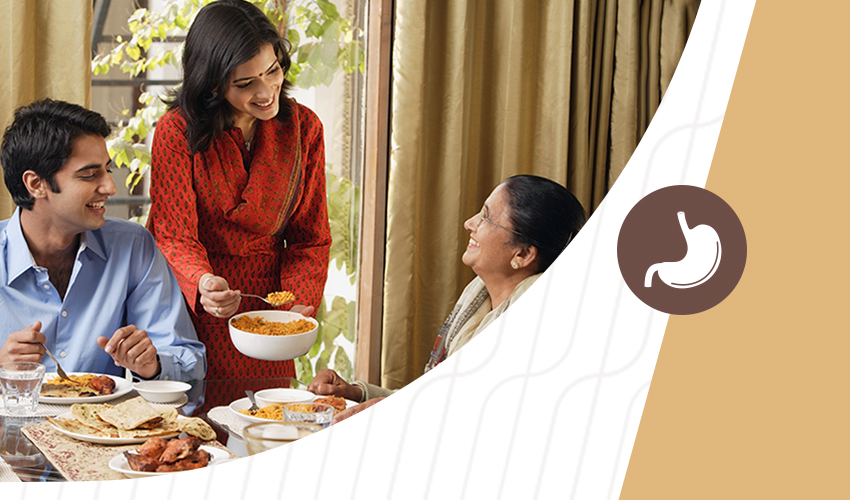- Our Doctors
- Our Specialities
Centres of Excellence
-
 Centre for Blood Diseases, BMT & Cancer Immunotherapy
Centre for Blood Diseases, BMT & Cancer Immunotherapy -
 Centre for Bone, Joint & Spine
Centre for Bone, Joint & Spine -
 Centre for Critical Care Medicine and ECMO Services
Centre for Critical Care Medicine and ECMO Services -
 Centre for Gastrosciences
Centre for Gastrosciences -
 Centre for Heart & Vascular Care
Centre for Heart & Vascular Care -
 Centre for Nephro-Urosciences
Centre for Nephro-Urosciences -
 Centre for Neurosciences
Centre for Neurosciences -
 Centre for Obstetrics and Gynaecology
Centre for Obstetrics and Gynaecology -
 Centre for Organ Transplantation
Centre for Organ Transplantation
Super Speciality
-
 Advanced Diagnostic and Interventional Radiology
Advanced Diagnostic and Interventional Radiology -
 Anesthesiology & Pain Management
Anesthesiology & Pain Management -
 Clinical Nutrition and Dietetics
Clinical Nutrition and Dietetics -
 Dental and Maxillofacial Surgery
Dental and Maxillofacial Surgery -
 Dermatology
Dermatology -
 Emergency and Trauma
Emergency and Trauma -
 Endocrinology and Metabolic Disease
Endocrinology and Metabolic Disease -
 ENT and Head & Neck Surgery
ENT and Head & Neck Surgery -
 Family Medicine
Family Medicine -
 General and Laparoscopic Surgery
General and Laparoscopic Surgery -
 General Medicine
General Medicine -
 Laboratory Medicine
Laboratory Medicine
-
- Key Procedures
- Our Hospitals
- International Patient
- Contact us
-
Quick Links


Colonoscopy
A colonoscopy is a procedure used to examine the colon (large intestine) and rectum for any signs of cancer, polyps, or other abnormalities. During a colonoscopy, a long, flexible tube called a colonoscope is inserted through the rectum and into the colon. The colonoscope has a camera and a light at the end, which allows the doctor to view the inside of the colon and rectum. If any polyps or other abnormalities are found, the doctor can remove them during the procedure.
At Meitra, we use the latest technology and equipment for colonoscopies to ensure that each patient receives the most accurate and effective diagnostic and treatment services. Meitra offers comprehensive care before, during, and after your colonoscopy. We work with patients to ensure that they understand the procedure and the results of the test, and we provide ongoing support to help manage any issues that arise after the procedure.
Successful cancer surgery in the removal of complex 2kg tumor | Dr. Rohit Ravindran and Dr. Shanavas Kakkat, Meitra Hospital
Meet Our Doctors
Frequently Asked Questions:
How to prepare for a colonoscopy?
To prepare for a colonoscopy, patients typically need to follow a special diet and take laxatives to empty the colon of stool. Patients will also need to fast for a period of time before the procedure.
Is a colonoscopy painful?
Most patients experience little to no discomfort during the procedure, as they are typically given sedatives to help them relax. Some patients may experience mild cramping or bloating after the procedure, but this typically goes away on its own.
Who needs a colonoscopy?
A colonoscopy is typically recommended for adults aged 45 and older as a screening test for colorectal cancer. People with a family history of colorectal cancer, certain genetic conditions, or other risk factors may need to start screening earlier.

 +91 9393 108 108
+91 9393 108 108


















































